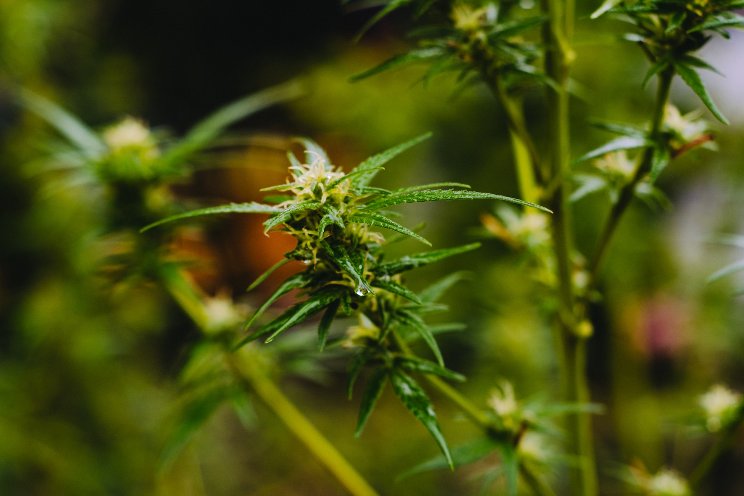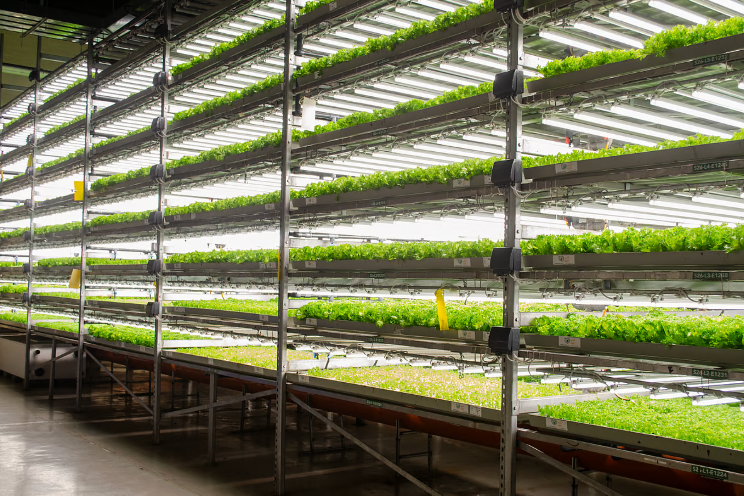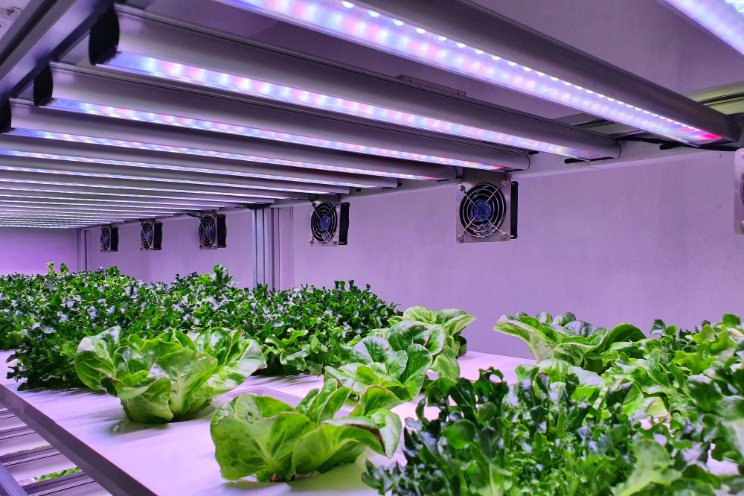Weed to improve your mental health? Not so fast
Added on 14 July 2023

Could there be more people suffering psychosis in the short term and schizophrenia in the long term? Will more people feel suicidal? Could short-lived relief from anxiety and insomnia turn to dread?
Researchers and clinicians don’t fully know what to expect because studies of the plant the federal government still considers illegal have been less than robust.
“I feel like we’re flying blind because the science is way behind where the marketplace is,” said Johannes Thrul, a substance use researcher in the Johns Hopkins Bloomberg School of Public Health.
“One area where the science is pretty clear, and at times gets ignored by enthusiasts, is that it’s addictive,” he said of marijuana, which became legal for recreational use in Maryland this month. “Over the long term, heavy use is probably not a good idea.”
While marijuana, also known as cannabis, isn’t as deadly a threat as opioids, and there is evidence of medical benefits for certain conditions like nerve pain, seizures and appetite loss, experts do not consider it risk-free — and many consider it a particular threat to those already with mental health disorders or at risk for one.
It’s just less clear exactly who will be heavily affected and when. Researchers expect to answer some of those questions about negative effects on mental health, as well as potential medical benefits, as more studies are begun.
Photo by Shane Rounce on Unsplash
More news















